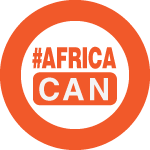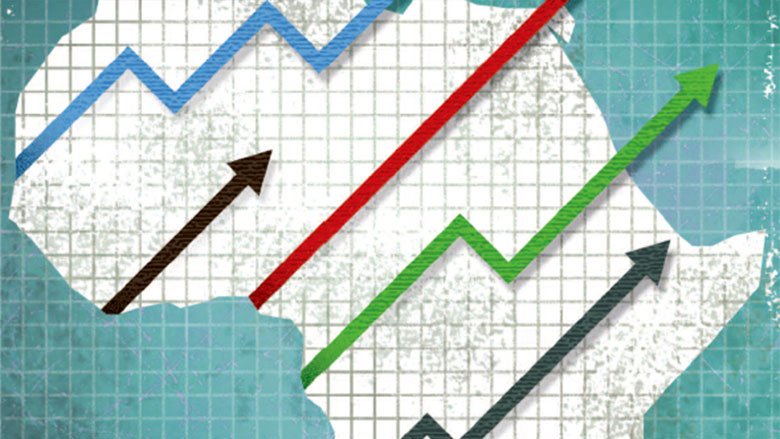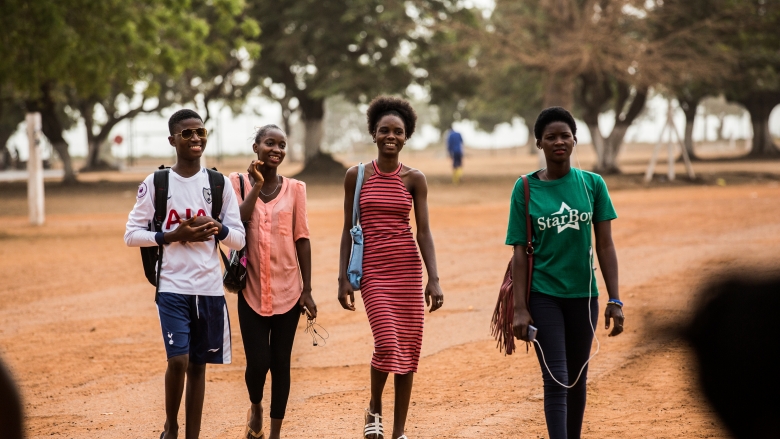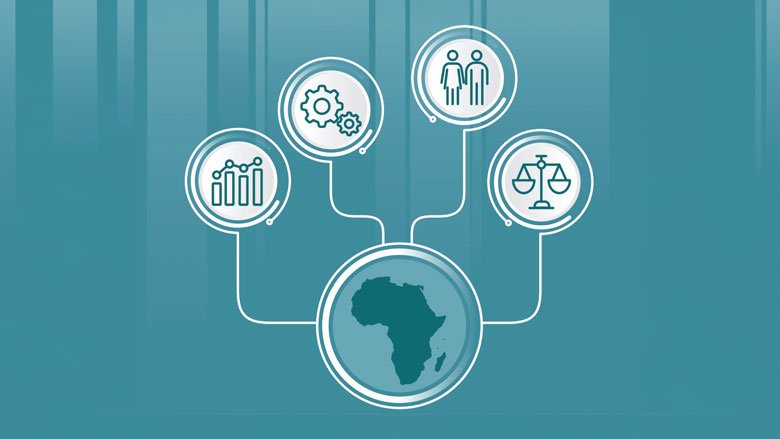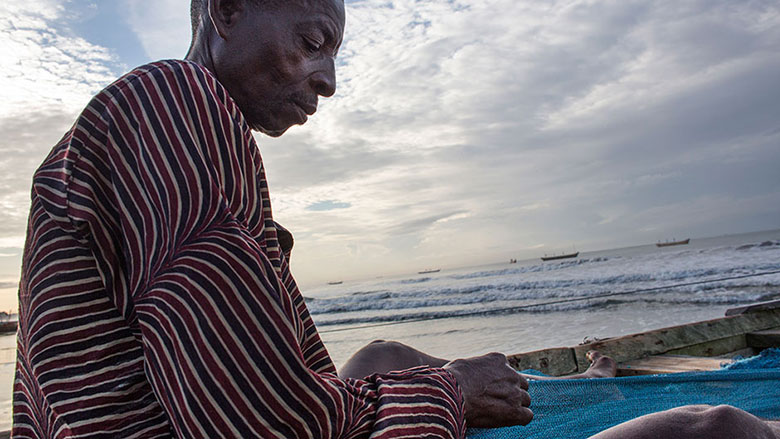Tanzania’s economy has been resilient, growing by 5.2% in 2023 compared to 4.6% in 2022. The services sector remained the main driving force behind Tanzania’s overall economic growth, expanding by 7.3%, supported by buoyant economic activities in financial and insurance, transport and storage, and trade and repair subsectors. Despite recurrent droughts and floods, the agriculture sector grew at 3.4% in 2023.
Inflationary pressures continued to be moderate in Tanzania. Headline CPI inflation receded from 4.9% in January 2023 to 3.0% in January 2024 due to eased global commodity prices, moderate and timely fiscal subsidies, and tightening monetary policies. Notably, the Bank of Tanzania adopted an interest-rate-targeting monetary policy regime in January 2024 to strengthen inflation controls and anchor inflation expectations.
The government has demonstrated commitment to narrowing the fiscal deficit through enhanced tax revenue collection and restrained spending. The fiscal deficit fell from 4.6% of GDP to 3.0%, aligning well with the fiscal consolidation target of 3% for FY2023/24.
Tanzania has also narrowed its current account deficit to 3.9% in 2023, helped by an uptick in tourism receipts, declining prices of commodities Tanzania imports, and an exchange rate policy aimed at accumulating foreign exchange reserves. In this context, between June and December 2023, Tanzania's shilling depreciated by 7.8% against the US dollar, while gross reserves rose from $5.2 billion (4.8 months of imports) to $5.5 billion (4.5 months of imports). A flexible exchange rate regime and adequate external buffers, including foreign exchange reserves, will alleviate the recent forex pressures that the country has been experiencing.
Going forward, GDP is projected to grow 5.6% in 2024, with the long-run potential of around 6%, supported by an improving business environment and ongoing structural reforms. Supported by a promising macroeconomic outlook and an increased budget to unlock sectoral productivity in the agriculture sector, which employs three-quarters of people experiencing poverty, the poverty rate could decline in the medium term.
Despite this positive outlook, there are some external and domestic risks. The possibility of a global recession is the main external risk, while partial implementation of structural reforms, particularly those related to boosting the private sector, is the main domestic risk. There is also the continuing risk of growth not translating into poverty reduction, which must be mitigated by implementing reforms toward inclusive growth, with a special focus on investing in agriculture productivity and human capital.
The current administration has continued to support private-sector development, and in 2023, the legislature passed a new Tanzania Investment Act along with its implementing regulations. While an
important step forward, it fell short of addressing several critical gaps. The government is reviewing several amendments to further strengthen the Investment Act. The proposed amendments, if approved in 2024, will significantly strengthen the investor protection guarantees. In September 2023, Tanzania officially launched the Tanzania Electronic Investment Window (TeIW), a platform designed to seamlessly integrate facilitation services under the One Stop Facilitation Centre for all investors.
While net FDI inflows in Tanzania are quite volatile and have been on a downward trend over the past few years, there are signs of partial recovery in investment activity, including an increase in the share of FDI in GDP from 1.1% in 2020 to 1.5% in 2022. Tanzania Investment Center has also reported a nearly 70% increase in number of registered investment projects between February and September of 2023 (344 projects) compared to the same period in 2022 (203 projects).
Last Updated: Apr 02, 2024


